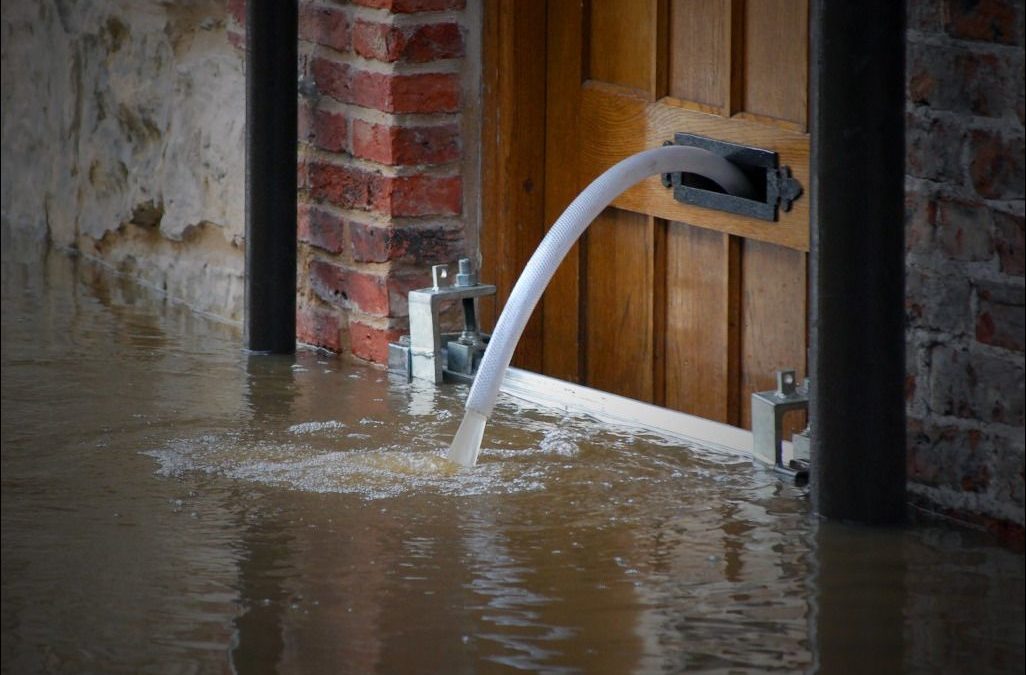DROWNING FROM WITHIN
The smothering began subtly – just a mild sense of air hunger when he walked up stairs. Gradually, though, it took less and less exertion to make him breathless. In response he subconsciously curtailed his activities.
Eventually, even at rest the shortness of breath caught up with him, especially when he lay flat in bed. At times he would awaken from sleep with a sensation of drowning and have to sit up in a panic while gasping for air.
For the last week he has been forced to sleep seated in a chair while leaning over a table in order to avoid lying back and suffocating. I can only shake my head as I try to imagine the ordeal of such a night.
WATER, WATER EVERYWHERE
On examination his jugular veins are visibly engorged with blood, like plump sausages.
There is an extra heart sound, referred to as an S3. An S3 is the sound made by a weakened heart that is distended with fluid.
Instead of the normal sound of a heartbeat:
lub-DUB in a rhythm that mimics “New YORK,”
there is a:
lub-DUB-dub in a rhythm that mimics “Ken-TUCK-y.”
His lungs have a wet, gurgling quality, as though they are submerged in fluid, which in fact is the case. As I probe the upper part of his abdomen, I can feel his liver, which is blown up like a water balloon. And when I pull up his pant leg, sure enough, there is massive edema – a swelling of the legs that leaves pits of indentation when compressed. Picture the deep dimples that your fingers might leave in soft clay. Open blisters on the ankles actively weep fluid onto the floor as I examine him.
An echocardiogram (ultrasound of the heart) confirms that this man has suffered a previous heart attack. There is a segment of the left ventricle muscle that does not contract forcefully, having died because of a blocked artery that starved its oxygen supply. The weak squeezing of the damaged ventricle has led to the condition we refer to as congestive heart failure.

Strangely beautiful heart muscle, magnification 100x
A NEW DISEASE AND AN EVEN NEWER UNDERSTANDING
In congestive heart failure (CHF) the blood flow from the heart cannot meet the demands of the body. This imbalance alone can cause fatigue, but many of the manifestations, like the gross excess of fluid, are due not just to an inadequacy of the heart, but to a maladaptive response by the kidneys.
The kidneys’ job is to regulate fluid balance in the body, and when kidneys sense a drop in blood flow, they assume this means there is not enough blood (I am assuming, of course, that kidneys can actually “assume” something). For most of human history, this “assumption” has been valid. People’s blood flow plummeted as they lost blood while fighting wild beasts (or one another) or when they experienced dehydration from desert crossings or diarrhea.
In such situations the circulation simply needs more blood, and so the kidneys hold avidly onto water and replenish the volume. This compensatory mechanism has worked well up until the industrial age. But with the advent of modernity and its penchant for obesity and sedentary lifestyles, we have unleashed a new killer upon ourselves: heart disease.
Nowadays the cause of low cardiac output is often not decreased blood volume, but rather failure of the pump itself. Unfortunately, the kidney cannot tell the difference between these two situations, and its compensation of steadily increasing the body’s fluid is harmful.
Suppose that a pipe in your house has burst and is inundating your basement. Standing angrily in your shower with its low water pressure, you assume wrongly that there is simply not enough water flowing into your plumbing, and so you compensate by opening the valve at the street to a higher water flow. The tiny satisfaction you might gain in water pressure in the shower comes at the greater expense of a rising deluge below you. Similarly, in CHF the kidneys’ countermeasure ironically only adds fuel to the fire of the disease – or in this case, water to the flood.
LEAKY ASSUMPTIONS
I tell this story not just to describe an interesting disease, but to emphasize a different irony: how the therapy of CHF has changed over time – no, not just changed, completely flip-flopped! As I grill the medical students standing around this patient’s bed, they rattle off the currently correct answers for treatment of CHF in the 21st Century.
- The first confidently points out that diuretics can reduce the fluid through greater urine output. Check.
- Another asserts that RAS inhibitors will negate the harmfully high kidney hormones and prolong the patient’s life. Check.
- A third student proposes treatment with beta-blockers to reduce the workload of the struggling heart by counteracting the high adrenaline levels. Check!
I commend them on their excellent answers, but I must admit that the last response makes me smile. Things have changed a lot since I was a medical student. Thirty years ago, if I had suggested beta-blocker therapy for CHF, my teacher would have sharply rebuked me: “Are you trying to kill this patient?” (Or possibly said something more sarcastic like, “Someone call the police and report an attempted murder!” Yes, they said those kinds of things back then.)
You see, although beta blockers today are a well-proven, lifesaving treatment for CHF, just thirty years ago every expert insisted that they were the one thing you absolutely should never give in this situation. The reasoning was sound: the heart must be allowed to work hard, and adrenaline (which beta-blockers counteract) was like a whip to a horse, getting the most out of the laboring organ.
This explanation made perfect sense. It seemed utterly correct. It was universally agreed on. But it was completely wrong.
Just a few years after my medical school training in the early 1990’s excellent clinical trials discovered that hearts, like exhausted steeds, can be flogged to death by adrenaline and should actually be rested to conserve their strength for the long run. Beta blockers provide that rest. These wonderful medications, once rejected as deadly, have prolonged and improved the lives of countless patients with CHF since that time.
BEYOND CHANGE
How quickly scientific truth changes! One of the charges leveled at the scientific community during the pandemic has been how changing its pronouncements seem to be. Of course they are. This is a rapidly unfolding situation. In order for science to be legitimate, it must adapt. Change is a strength of science. But in contrast to that, faith has an even greater strength. The Bible has not changed in 2000 years. Indeed, Jesus taught us: “Heaven and earth will pass away, but my words will not pass away.” (Mark 13:31) I might add that many of our scientific conceptions of heaven and earth themselves will certainly pass away over time too.
I love science. I am not writing to pit science against the Bible or faith. I delight in the way in which science and faith accord with one another. This blog exists to magnify God through the lens of the medical sciences. I am writing to clarify the nature and limitations of science and the nature of the Christian faith.
If it seems that science has disproved the Bible, just stick around for a while. In 1861 the French Academy of Science published a brochure in which they cited numerous scientific facts that contradicted the Bible. Today nobody believes those so-called facts. In the same way, the scientific facts that “disprove” the Bible today will someday be consigned to the scrapheap of history as nonsense. Or perhaps in some instances, Christians will realize, as in the case of the geocentric (earth-centered) view of the solar system, that we are actually misusing and misapplying the Bible by forcing a narrow scientific interpretation of its truth and drawing lines in the sand of faith that are inappropriate and unnecessary.
Dr. Bill Maynard
